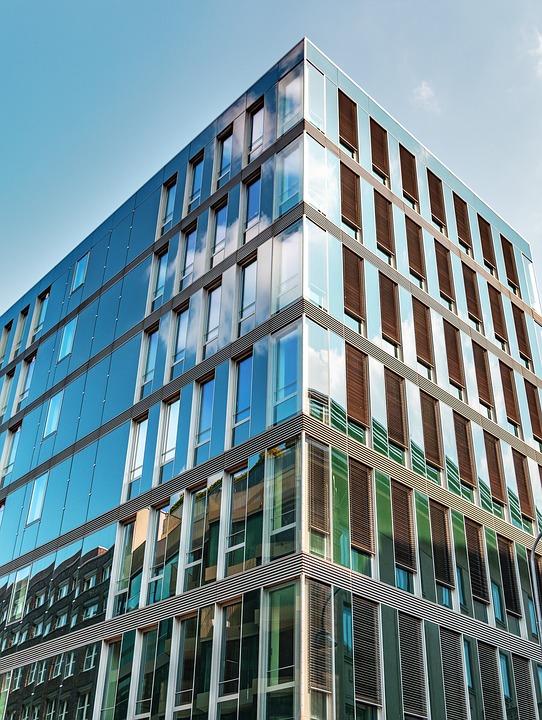Latest News
What you need to know about Berlin's turbulent housing market
July 29th 2019
By The Local.de
 Whether for buying or renting, Berlin has one of the most quickly growing - and diverse - property markets in the world. Here's what housing experts predict the capital will see in the future.
Whether for buying or renting, Berlin has one of the most quickly growing - and diverse - property markets in the world. Here's what housing experts predict the capital will see in the future.
When Christopher von Gumppenberg moved to Berlin in 2018, friends were amazed that he paid over €4,000 per sq m to buy an apartment. A year later, prices in the same building have jumped to €6,000 per sq metre and his friends are still looking.
“I am lucky to have found a place at all,” says von Gumppenberg, the CEO of Kugu, a digital toolbox for managing buildings and related business processes.
The changes in the housing market are an evergreen topic, but the pressure on renters and new buyers in Berlin today is immense. The capital was rated as one of the fastest growing housing markets in the world last year.
Rapidly growing - in residents and prices
Monthly rentals doubled in the last decade, reaching €11,40 per square metre in 2018, while property prices went up by 20.5% in 2017 and 12% in 2018.
Berlin is expected to swell to four million inhabitants by 2035, and more Berliners are choosing to live alone (54% according to the Department for Urban Development and Housing).
To satisfy demand, it is estimated by Frank Knight that 20,000 new residential units need to be delivered year on year - in 2017, only around 15,699 were ready.
So as rents climb and the lack of affordable housing bites, are we looking at a housing crisis - or is a bubble forming over Berlin?
The market in the capital is unique, explains von Gumppernberg.
“It only started to develop here since the beginning of the 2000s,” he says. This late development is the result of local factors: the city’s turbulent history, its dispersed social centres, its lack of major corporate headquarters or even a large international airport.
This means Berlin has far more opportunities for investment than mature markets like London or Paris.
Hope the horizon for buyers?
For those interested in buying there could be good news - or at least it appears so at first site.
Interest rates have fallen to historic lows. Last year, the average mortgage rate was 1.85%, according to data from Statista. This encourages lending, though deposits (which are linked to the value of a property) remain a hurdle to first-time buyers.
When interest rates rise again, the impact will be felt. “The market will uncover who calculated correctly,” von Gummpenberg predicts. “I think there will not be a burst, but at least a slow down. Especially in certain B and C locations.”
In Berlin, the market is also far more diverse than in other cities. “You get everything in Berlin,” says Christian Crain, head of PriceHubble, a digital service that gives property valuations and predictions.. “The range of price and quality is huge. It’s like the entire German market but squeezed into 900 km².”
This means it is also highly fragmented and attractive to investors. “The level is too high for locals but for foreign buyers, prices are still very low,” says Crain. “Realtors and asset managers now focus only on foreigners in some segments, because they can no longer sell to existing inhabitants.” While hardly ideal for locals, the boom is forecast to continue.
“I would say, continual long-term growth, easily 3% year-on-year. Of course, there will be peaks and spikes.”